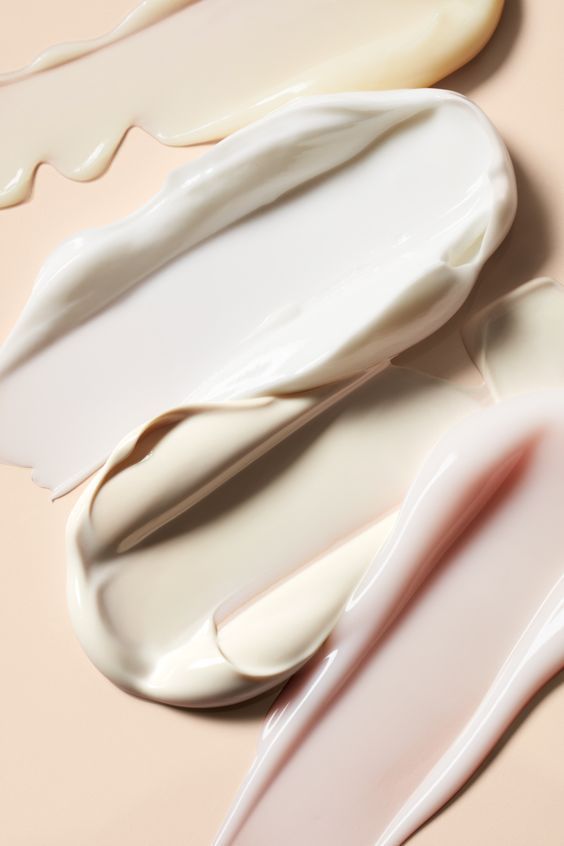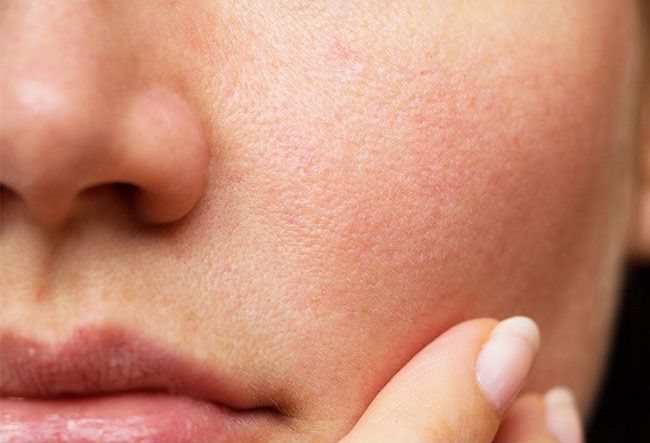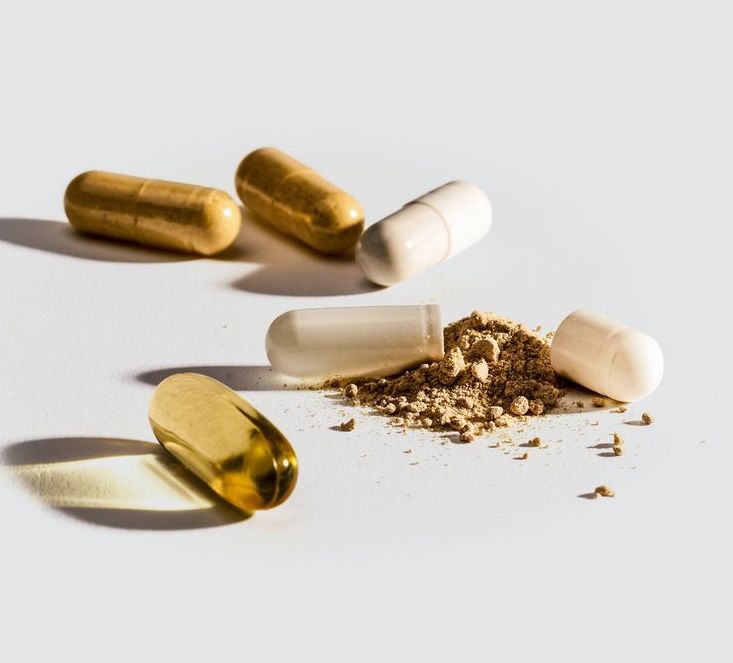As a rule, skin is either dry or oily. It can’t be both, even though oily skin can experience what might seem like “dryness” from time to time.
And the issue can sometimes get confusing.
Genetics play the biggest role in whether skin is dry or oily, although hormones, lifestyle, environment and the normal aging process can also have an influence.
But the bottom line is that “dry skin” just doesn’t produce as much oil, while “oily skin” has plenty to spare.
Dry skin can be flaky, scaly, and more prone to irritation and redness than oily skin types. Dry skin also tends to be more susceptible to fine lines and wrinkles.
Oily skin is generally more acne prone and will have larger pores—on account of the very active sebaceous glands.
When oily skin seems “dry”
Occasionally though, even the oiliest of skin types can feel dry or tight. In fact, flaking, peeling, and irritation can show up even if your skin seems to make buckets of oil.
The difference is, when you notice these symptoms in oily skin, it’s a sign of too little water content—AKA dehydration.
Dehydration happens when water is lost through the skin’s outermost layers. Skincare professionals call this transepidermal water loss.
You see, healthy skin needs a balance of both oil and water, and the natural oil our skin produces is what keeps the water in our skin from evaporating.
Respect your oil
So now we know that achieving that highly coveted glow starts with striking the ideal balance of water and oil in the skin.
But often people with an oily complexion will use harsh products in hopes of keeping excess sebum at bay.
Things like bar soap, overly foaming scrubs, acne medications, and retinoids can strip too much of the natural oil from the complexion and make it vulnerable to water loss.
For as much as someone with exceptionally oily skin may wish to eradicate every trace of oil, attempting to do so usually backfires.
In the end they’re usually left with dehydration, irritation, possibly worsened acne, and more oil!
Dry skin ( skin that doesn’t produce as much oil) comes with its own set of challenges, of course.
While oily skin types should avoid removing every trace of their natural lubrication, those with dry skin can benefit from adding additional oil to their skin.
Know thy skin type
And this is where knowing your skin type is key. When you know how your skin behaves normally, you’ll recognize when it’s out of balance, and can choose products to restore that balance.
Dehydrated skin needs humectants. These are skincare ingredients that draw water from the environment into your skin.
Aloe, glycerin and hyaluronic acid are popular humectants.
Niawen Wisdom Cream/ Birch Chaga contains the perfect balance of natural humectants and light emollients that lock in hydration without a trace of greasiness.
And if you’re especially dehydrated or dry, you can layer a lightweight oil over a hydrator ( like Wisdom Cream) to really seal the moisture in.
Niawen Native Serum is a fan favorite for that final soothing layer in the evening. It’s a blend of lightweight skin-loving oils that locks in vital moisture without feeling heavy or greasy.
It seals in everything your skin needs—and helps keep out what it doesn’t.
Talk about balance!
But because no two faces are alike, it can take some trial and error to find products to keep your skin on an even keel.
The first step is to identify your skin type. This will help you make more educated guesses and save you money and headache in the long run.
And if you could use some guidance discovering your skin type or would like a few more personalized recommendations, contact us today! We’d be happy to put you on the right track!
Fast Fact: Did you know?
Drinking water is one of the least efficient ways to hydrate your skin.
While it’s true that ample hydration is important for the health of your body and skin, the impact of the water you consume on your skin’s hydration levels is rather insignificant.
Contrary to popular belief, if your skin is in need of hydrating, a gentle cleansing routine and topical humectants will go a LOT further than pounding the H2O.
That said, water has countless health benefits, so keep drinking up! (Just don’t expect it to rehydrate your skin much on its own.)






